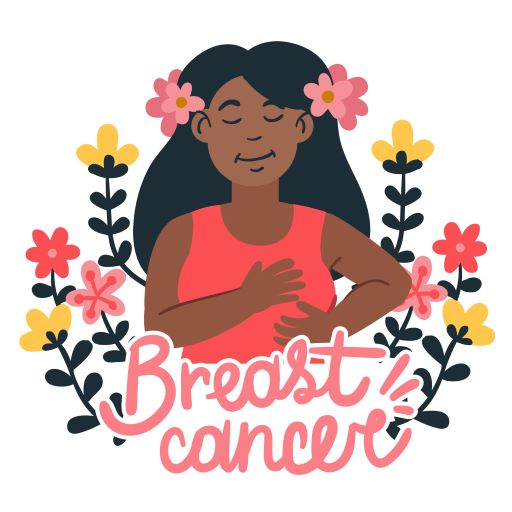When she was diagnosed in 2015 with triple-negative breast cancer in her 30s, Tiah Tomlin-Harris of Atlanta discovered there was a lot she didn’t know about the disease. By discovering Living Beyond Breast Cancer’s (LBBC) Young Advocate program and becoming active in the breast cancer community, she learned about her diagnosis and today manages LBBC’s popular Knowledge Is Power: The Black Breast Cancer Experience webinar series.
In a world in which only 3% of oncologists are Black, the free panel series features African American health care providers, advocates, and women affected by breast cancer discussing key issues of concern:
- Oct 27: Understanding Your Treatment Path
- Nov 3: The Cost of Cancer: Work, Financial and Insurance Matters
- Nov 10: We Are Family: Navigating Relationships
There is no cost to attend but Registration is required and now open.
“The panelists will share their stories and empower Black women to get what they need, with the hope of having better outcomes,” says Tomlin-Harris. It’s a chance to hear how other Black women have navigated the diagnosis and dealt with financial and family issues, and to feel a sense of community and connection.”
Tomlin-Harris is co-founder of My Style Matters, Inc., a non-profit organization that provides support, resources, education and healthy-living experiences to those who are disproportionately impacted by breast cancer.
According to the Breast Cancer Research Foundation, Black women are 41% more likely to die from breast cancer than white women; and young Black women, who have a higher incidence of aggressive cancers, have a mortality rate twice that of young white women. Biological, environmental, and social factors all play a role, as Black women are disproportionately affected by more aggressive subtypes such as triple-negative breast cancer and inflammatory breast cancer but are also more likely to have complicating factors such as diabetes and heart disease as well as inadequate health care insurance and limited access to health care.
“We still need awareness — if you’re not aware, you can’t take action,” Tomlin-Harris says. “We want Black women to be aware of this disease, how it affects them, their risk, and if they’re diagnosed, what they can do to help themselves navigate through the journey and advocate for themselves. If or when they face biases, these programs offer strategies to help them get the care they deserve and need.”
Story Credit: /Newswise
Image: Freepik


































